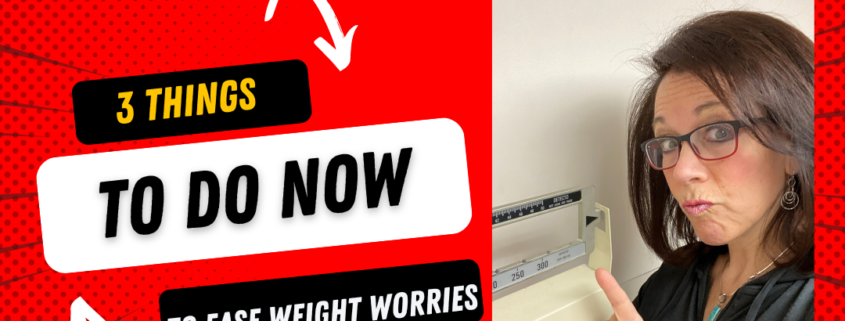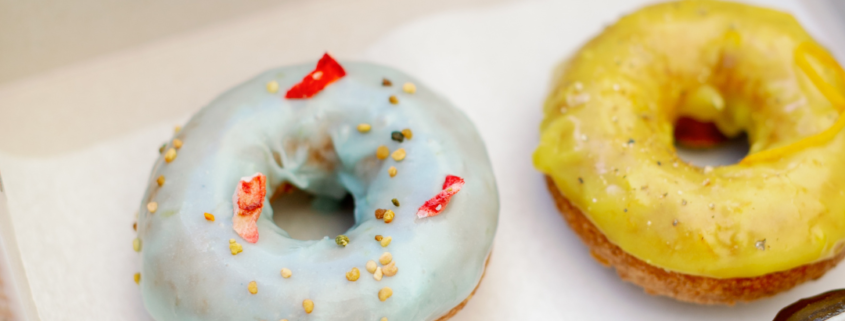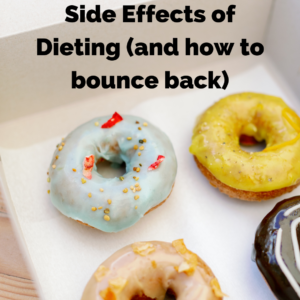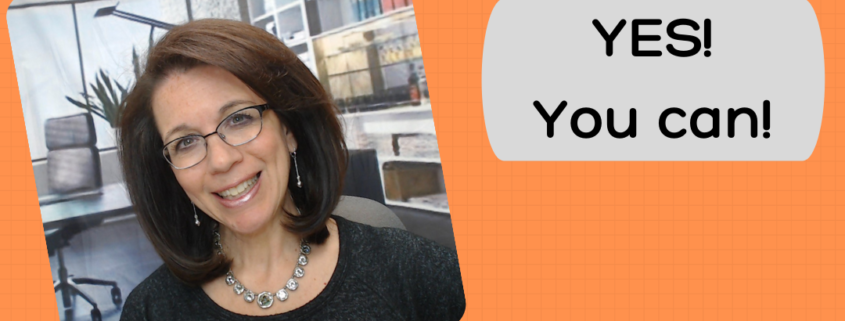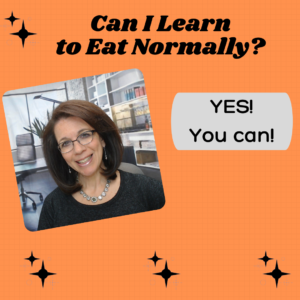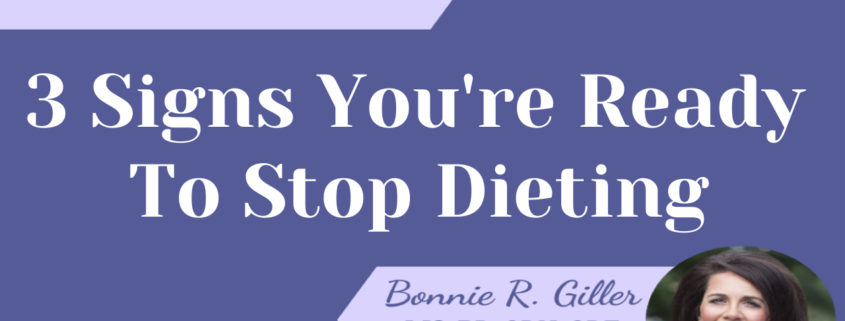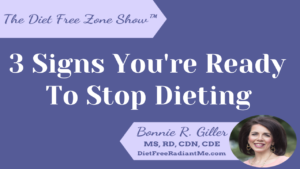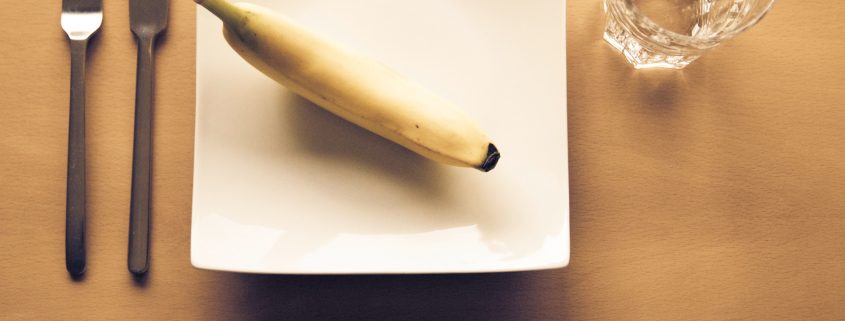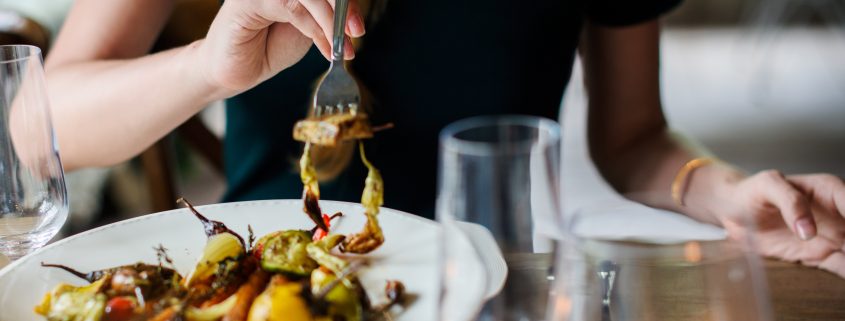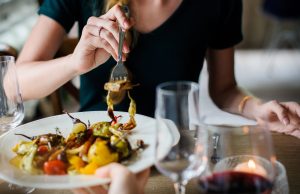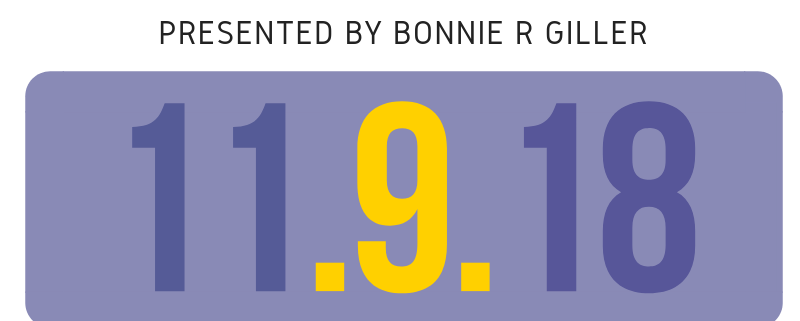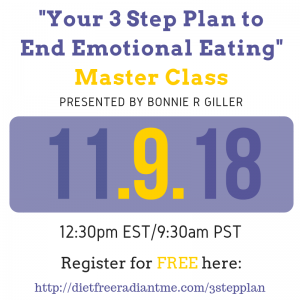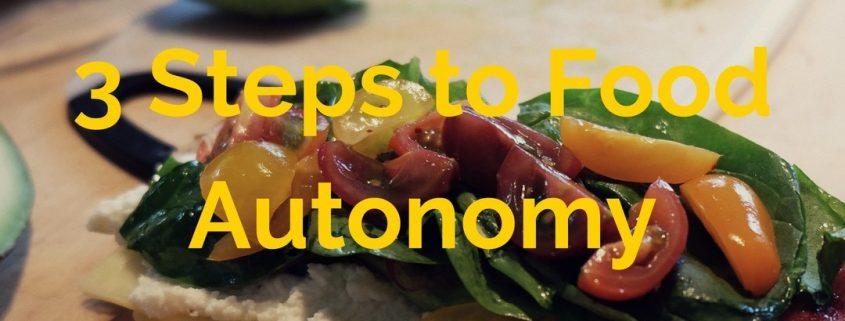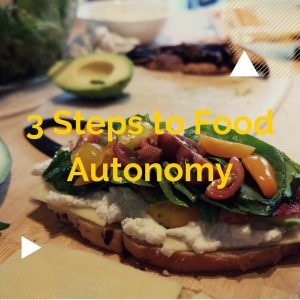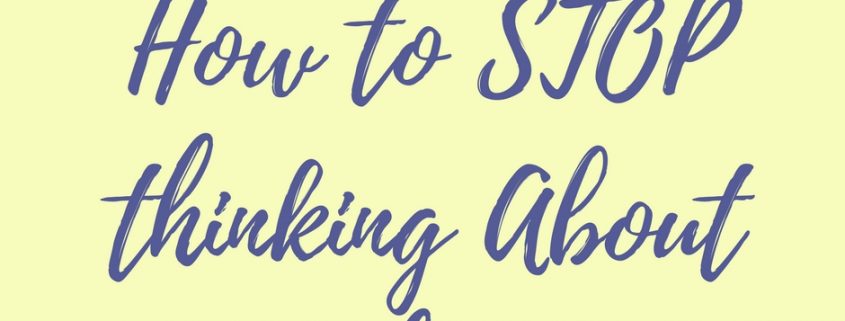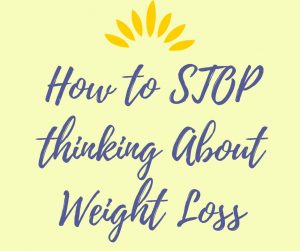What to do if You’re Desperate to Lose Weight
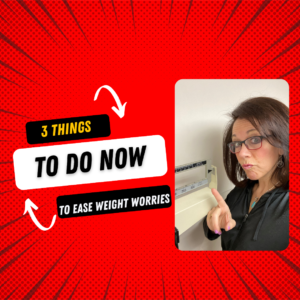 You’ve struggled with food and your body for a long time. You’ve been on and off diets to no avail. You are desperate to lose weight but nothing you’ve tried works. What should you do?
You’ve struggled with food and your body for a long time. You’ve been on and off diets to no avail. You are desperate to lose weight but nothing you’ve tried works. What should you do?
Let’s take a step back and explore the following scenario:
You’ve just decided that you want to start a new diet, a new plan, a new lifestyle journey (whatever you wish to call it). You start and things feel great—you’re following the diet exactly as you “should”, making no “mistakes”, and you may even begin to lose some weight.
However, as time goes on, maybe days, weeks, or even months, the deprivation and restriction builds, which makes the diet a bit harder to stick to. On the inside, your body starts to fight back against the restriction and deprivation by ramping up your hunger hormones, sending messages of intense cravings, and doing anything it can to let you know “it’s hungry!”
But you think to yourself “my willpower is strong”, and you continue with your plan.
Then suddenly, something out of the ordinary pops up such as a special friend’s wedding, a surprise vacation, or your birthday dinner. The diet/plan/lifestyle changes you were once sticking too so well aren’t so flexible and accommodating for this event and upcoming time in your life.
As the events of life take place, you quickly find yourself slipping. This slip eventually turns into out of control (or binge) eating. You realize what you have done, feelings of guilt, shame, and failure set in, and the cycle REPEATS.
This is what is known as the diet cycle. In essence, it’s a TRAP in which you get caught over and over again which keeps you in a whirlwind of restrained eating followed by chaotic eating and weight cycling.
Breaking this cycle can be difficult for anyone, especially chronic dieters.
On the outside looking in, it’s clear that the problem is the diet itself; the restriction and deprivation because of the diet. However, chronic dieters do not see it this way.
Chronic dieters believe since they were not able to successfully follow the diet, they are the one at fault, they are a failure, they are the one to blame, or they have no “willpower”. But, the reality is that the diet is the clear problem.
Dieting leads to restriction, undereating, and feelings of deprivation which ultimately leads to overeating.
The big question here is: How do you break away from this vicious cycle?
3 Things to Do Now
(1) Adjust your mindset
Instead of feeling like you need to “fix” your body to be smaller or “healthier”, find alternative ways to address what is truly going on. Are you holding onto limiting beliefs can cause you to self-sabotage? Do you believe that you will struggle with food forever? Is your mind ONLY on weight loss?
Can you perhaps take your mind off weight loss for now?
This can be a scary and new feeling so be sure to give yourself grace and be kind to your body while you transition through this mindset shift.
(2) Take the focus off weight loss and shift it elsewhere
Instead of being fixated on the scale, assess your lifestyle, behaviors, and habits.
Get curious and ask yourself questions—how am I eating now? Am I eating in a way that is making me feel my absolute best? Can I focus on eating as self-care versus to yield weight loss?
What about how you are speaking to yourself. Or the type of movement you are doing.
Focuses on these areas is far less stressful than focusing on the scale.
(3) Show your body and mind love
Shifting your mindset can be difficult, so while you’re doing the very important mindset work that needs to be done, give yourself grace.
Remember, with lifestyle and behavior changes, your body will respond how it is supposed to, therefore treat yourself nicely!
Ready to break the diet cycle? Pop your name and email in the boxes below and get started with your free online break the spell of diet experience.

